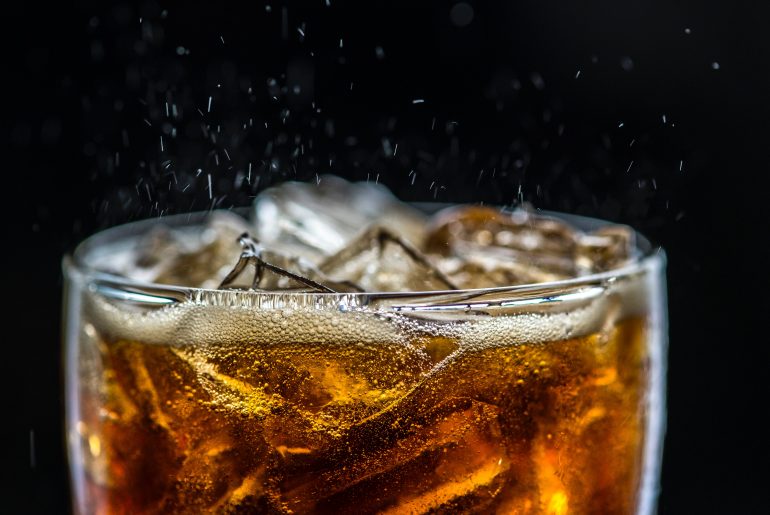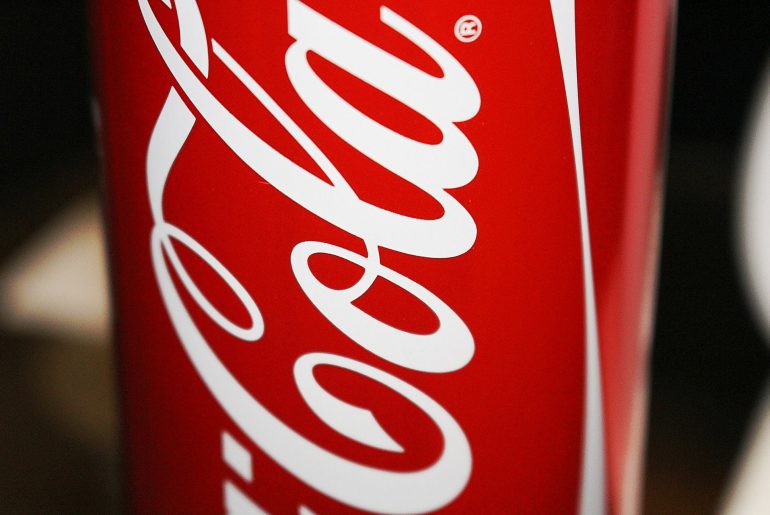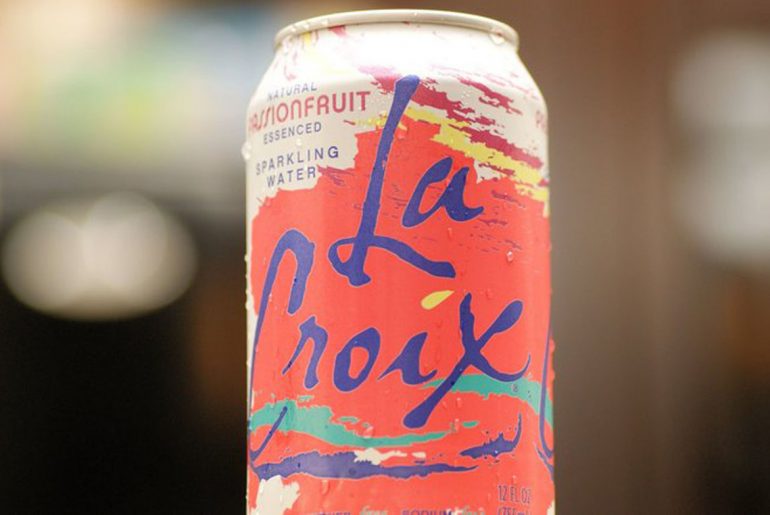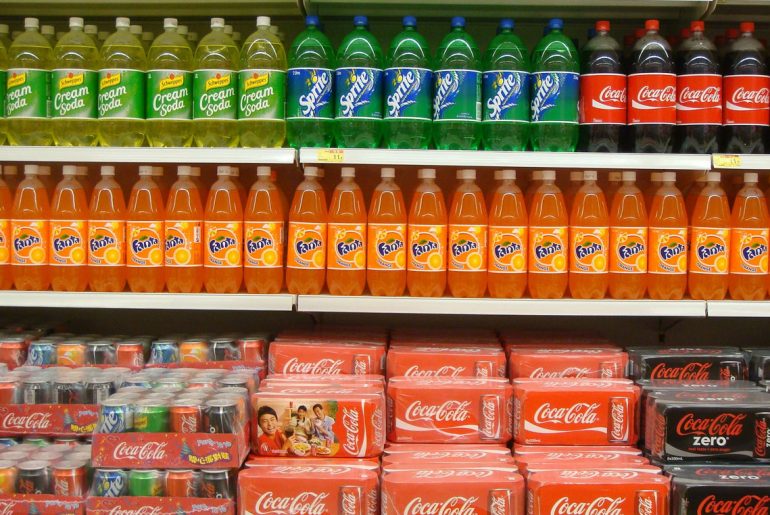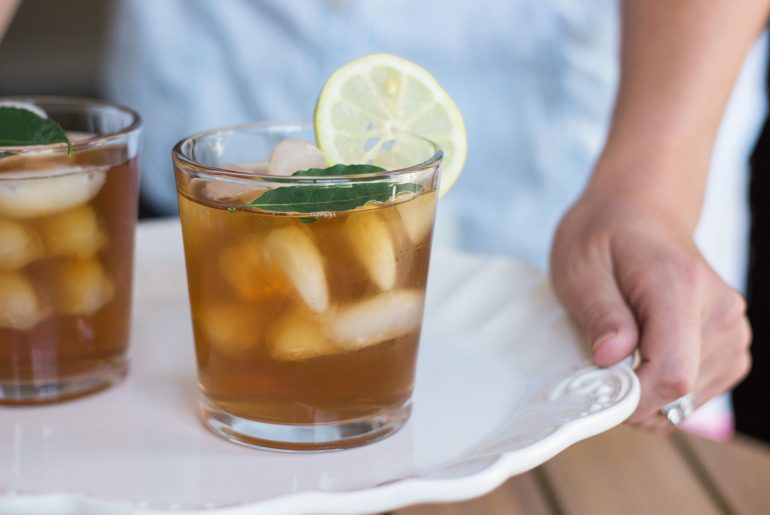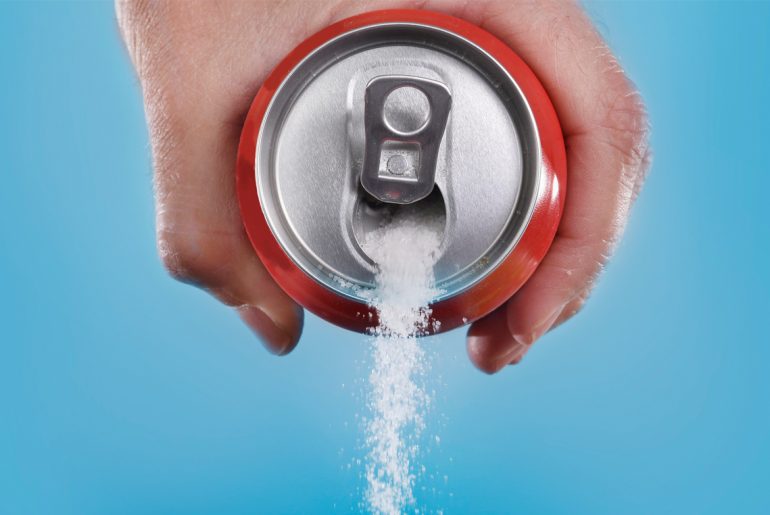Think your 3 p.m. Coca-Cola pick-me-up isn’t a huge problem? You might want to reconsider. New research revealed that your sugary soda addiction could actually cause serious health problems — even cancer. According to The Sun, it was the increase in bowel cancer cases in people under 35 that spurred the interest of Dr. Lewis Cantley, of Cornell University, to look for answers. Cantley, along with his colleagues, suspected that an increased consumption of high-fructose corn syrup was to blame. To test the theory, cancer-prone mice were fed high-fructose corn syrup (amounting to about one can of Coke per day for a human). The study showed that the tumors were “directly eating the sugar… the cancer was using fructose and glucose together to more than double its growth rate.” Yikes! Excluding skin cancers, bowel cancer is the third most common cancer diagnosed in the United States. According to the American Cancer…
10 grocery story items you should always buy generic
Brand names can invoke nostalgia, but they can also come at a cost. Just because you’ve bought a brand name since you were younger, doesn’t mean it makes sense to continue to buy that product if there is a generic version that saves you some coin. Sometimes the national brand names offer something special, but more often anymore, they don’t. Here are 10 grocery store items you should always buy generic: 1. Cereal Think that tiger is totally original? Think again. The contents of brand named cereal boxes are nearly identical to the generic versions — and the latter can come at half the price. Invest in a airtight container so store the cereal once it’s opened, so it doesn’t get stale in that bag. 2. Water If you still buy bottled water, choose the store brand to stop yourself from washing dollars down the drain. Better yet, buy a…
This is why Coca-Cola cans are red
It’s one of the most memorable logos in the world. You see just a glimpse of the product and know it’s a Coke thanks to that highly recognizable shade of red. But why did the company chose this shade in the first place? Some fans think the red color came from some of the company’s first nationwide advertisements, which featured the now-iconic Christmas Santa Claus wearing a classic red and white suit, holding a bottle of Coke. But Santa didn’t begin popping up in Coca-Cola ads until the 1920s, and by that time the brand was nearly 40 years old. “It goes all the way back to the beginning,” said Coca-Cola Archivist Ted Ryan. The real story of Coke’s color red is essentially one of a happy accident. More than 130 years ago, Coca-Cola was distributed in large barrels at drug stores and pharmacies all across America. Alcohol was distributed…
8 things you never knew about LaCroix
Once a drink favored by Midwestern moms, in recent years LaCroix has bubbled to the top of soda sales all over the United States. In the The low-calorie sparkling water beverage caught the eye of Americans, particularly Millennials, looking for a healthier alternative to regular sodas. Since the early 2000s, sales have exploded. And everyone seems to have a ranking on their favorite flavor. Here are a few things you might not know about this new beverage icon in your grocery aisle: 1. It’s PRONOUNCED la-croy The fizzy, flavored water has developed a seriously loyal following in recent years, yet many fans don’t pronounce the name correctly. If you’ve been faking some fancy French accent and saying “La-Kwah,” you should save yourself the embarrassment. The real name rhymes with “enjoy.” How can we be certain? It’s on the La Croix website. 2. What’s that mean? Lacroix translates to “The Cross” in French. 3. easy going origins LaCroix was invented in 1981…
Drinking two cans of soda per day might double your chance of dying from heart disease
More bad news for carbonated corn syrup lovers. The American Heart Association released new research results showing a link between consuming sugary drinks — like soda, fruit juice, and other artificially sweetened beverages — and an increased risk of death from heart disease. The study, led by Jean Welsh, professor at Emory University, looked at data from 17,930 adults aged 45 and older over a six year time period. Participants had no previous history of heart disease, stroke or diabetes. What they found was alarming. Study participants who drank 24 ounces or more — that’s about two cans of soda — had twice the risk of dying from coronary artery disease than those who averaged less than one ounce per day. Even when controlling for other factors such as race, income, education, activity levels and smoking habits, the risk of death by coronary disease was still double that of non-sugary beverage drinkers. The…
The sneaky calories you’re slipping into your diet
It’s time to rethink your drink. Unless you are a natural water lover, chances are you’re consuming unnecessary calories through ice teas, coffee, juices or sugary smoothies and sodas. According to a study in the American Journal of Clinical Nutrition, the average American consumes 400 calories a day from beverages — that’s about 37 percent of our total daily diet. Research suggests that drinking calories isn’t as satisfying to us a eating the same amount of calories in solid food form, so if you’re looking to maintain a healthy weight, you should start to pay attention to what you’re pouring down the hatch. Here’s how to make the switch to healthy drinks that still taste great, but won’t have you pushing your calorie limits. Know what you’re drinking: Read those nutrition labels. Beverages like energy drinks and iced teas can be deceiving because they advertise their health benefits while hiding…
Diet Sodas Linked to Increased Risk of Dementia and Stroke, Study Finds
Given everything we’ve been told about sugar being bad for us, you might think reaching for the “diet” or “sugar-free” option is the smarter choice. But you’d be wrong. According to a new research published in the American Heart Association’s (AHA) journal Stroke, the sweeteners used in these alternative beverages are linked to higher rates of stroke and a risk of developing dementia among consumers. The April 2017 study asked more than 4,000 participants, three times each over a span of seven years, about their eating and drinking habits during that time. Over the next 10 years, the researchers continued to follow the participants’ health records and tracked which among them had strokes or developed dementia. Researches found that those participants who consumed at least one artificially sweetened “diet” or “sugar-free” drink per day — whether soda or juice — were nearly three times more liked to suffer a stroke…

